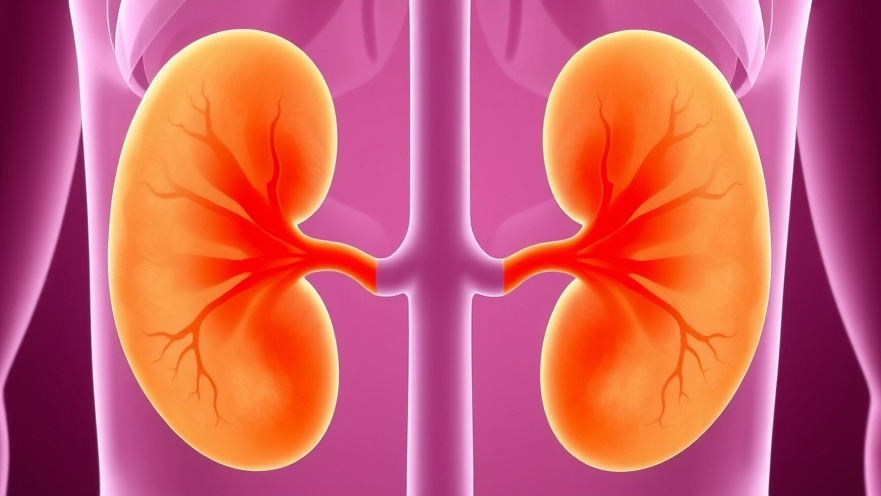
The Hidden Danger of Agricultural Immunity
The increasing public concern over agricultural chemicals, particularly those that end up in our food, is more pressing than ever. With new legislation—specifically Section 453 of a proposed bill—that could grant legal immunity to chemical companies, consumers and health advocates are sounding the alarm. This proposed immunity would effectively shield chemical companies from future lawsuits related to pesticides, insecticides, herbicides, and fungicides, effectively allowing companies like Bayer and Monsanto to operate without accountability for the harm their products may cause.
In 'They’re Poisoning Us...Legally', the discussion dives into the potential dangers of proposed legislation granting immunity to pesticide companies, exploring key insights that spark deeper analysis on our end.
What Are the Potential Health Risks?
Studies link several chronic diseases and health conditions—ranging from cancer and Parkinson’s to infertility—with pesticides and other agricultural chemicals. As chemicals like glyphosate (found in Roundup) face mounting scrutiny and legal challenges, the proposed legislation could leave consumers vulnerable to continuous exposure without recourse. Why does this matter? Because the research suggests that over 70% of safety studies are confidential and potentially manipulated by chemical companies. If this bill passes, it reinforces a dangerous precedent: companies prioritize profit over public health.
A Revealing Look at Modern Agricultural Practices
Advocates for agricultural chemicals frequently espouse the importance of these substances for ensuring a stable food supply. They argue that without chemicals like glyphosate, food production would plummet. However, as studies begin to reveal a more complete picture of health impacts, the ethical implications of prioritizing crop yield over human safety come into question. The idea of food security cannot ignore the reality of public health. Should we sacrifice future generations' health for immediate agricultural profit?
Pushing Back: What Can We Do?
The truth is, this legislative proposal is not just a byproduct of corporate influence; it reflects broader societal attitudes toward regulation and health safety. Citizens must take action to convey their opposition to their elected representatives. Here’s how:
- Call Your Senator: Engage with local and state representatives to express your rejection of legal immunity for chemical companies.
- Join the Movement: Register at stoppoison.org for action alerts and updates on legislative developments.
- Stay Informed: Connect with organizations like Stand for Health Freedom that advocate against oppressive legislation affecting personal health.
Why This Matters for Houston Residents
In Houston, where wellness trends are on the rise and residents are increasingly focused on holistic health, the implications of this bill resonate deeply. From local farmers' markets to wellness festivals, the community values health-conscious choices. As discussions about agriculture and health unfold, Houstonians need to remain vigilant. Proactive movements at the local level can ripple outwards, influencing broader changes in food practices and agricultural regulation.
Embracing a Healthier Future
At the intersection of health, sustainability, and legislation lies an opportunity for community engagement and personal empowerment. By understanding how proposed laws affect our environment and body, we can advocate for healthier agricultural practices and hold corporations accountable. This issue is not merely about preventing poison in our food; it’s about safeguarding our future. Let’s take a stand for health, transparency, and accountability in our agricultural systems.
 Add Element
Add Element  Add Row
Add Row 



Write A Comment